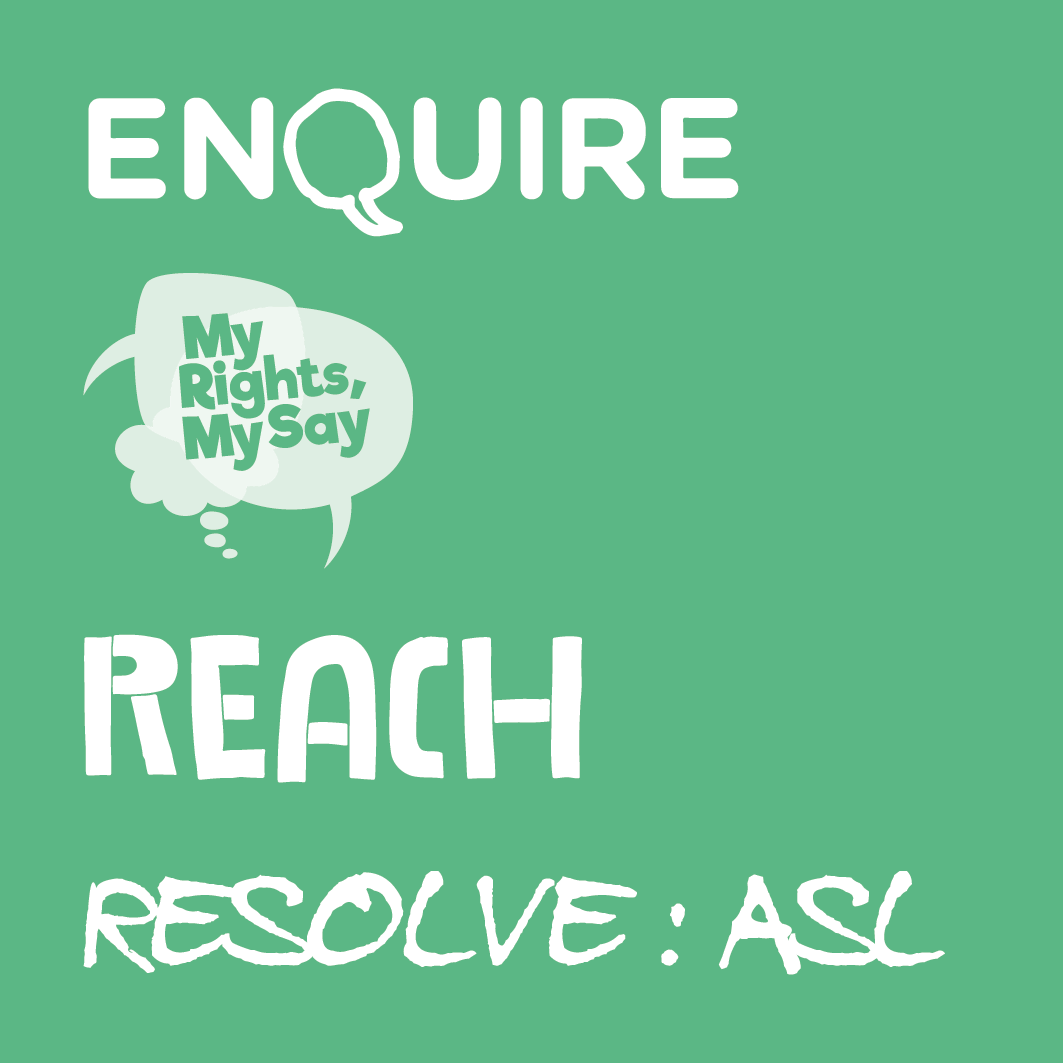From screens to success – boosting children's executive function skills in the digital age
25 Sep 2024
Emerging research has shown that both the pandemic and our increasingly digital age, filled with screens and virtual connection, are having an impact on children's development, including their communication and behaviour.
Here, child development and self-regulation expert Nicola McAllister explores how young people's brains and nervous system are being affected by our modern world, and discusses how professionals and parents can provide support.
We live in such a fast-paced world, and while the brain is very adaptive to its environment and very malleable to new experiences, its core functions are often at odds with a modern, technology driven life.
One of the core functionalities of the brain is connection. As a relational organ, we are born ‘wired’ to connect with other people – and, unfortunately, when we spend the majority of our day hooked on screens, scrolling through social media, online gaming, and even working or learning virtually, we lose the essence of that connection which is so vital, particularly for children whose nervous system is still developing. When combined with our desire to keep our youngsters constantly ‘busy’ with activities, clubs and after school programmes, their brains can come under a great deal of stress and strain.
While our reliance on technology is not new, it’s fair to say lockdown compounded its negative effects, and also removed a lot of the everyday things children need to develop into happy and confident young adults. Connection and relationships were the two big elements lost as our children suddenly found themselves confined in spaces with anxious and stressed adults. Unable to see extended family or meet with their peer groups, they couldn’t strengthen their core capabilities through relationships and play.
Fundamental parts of development were lost for children, adolescents and teenagers during those challenging few years, and while it’s well documented that isolation during the pandemic has had a knock-on effect on children's development, communication and behaviour, we are still yet to fully understand the impact.
I do a lot of work with schools throughout the UK, supporting staff around regulation and stress responses in the classroom, and teachers reported to me all the time that children entering education settings – early years groups like primary one, primary two – are lacking some of the basic skills they need to manage.
Being able to wait, take turns, share and follow direction, all skills learned through play, are now difficult for many children. Teachers are reporting levels of dysregulation in classrooms, too, which is understandable given their parents were living in a very stressful and unregulated environment during their core development years, not to mention our heavy use of screens which remove in-person connection.
So, what does all this mean for our children and young people? And how can we support them to develop the core skills they need to thrive?
My work is focused on helping young people develop what’s called executive functioning skills, which help us to plan, monitor and execute our goals. In this instance, goals doesn’t mean big life events – it’s everyday things like getting up, getting dressed, making breakfast, packing a school bag, and getting on the bus on time.
There are three broad categories of executive functioning. The first is self-regulation which means ensuring our nervous system and brain have the capabilities to regulate stress responses and inhibit the stuff that might get in the way of us achieving our goals, such as resisting temptation. The second is executive functioning or what we call working memory. This means being able to relate information we have in our brain to what might be happening next, or reflecting on what has happened in the past. And finally, cognitive flexibility is being able to respond to different situations and see things from different perspectives when we need to cope with change.
We are not born with these vital executive functioning skills, and while they begin to develop in early childhood, we don't get the full capabilities until we reach our mid-20s. So, when we're working with children and young people, it’s important to remember that their brain is still very much under construction.
They are still creating lots of pathways within the brain throughout childhood and beyond, and the development of these executive functions is dependent on their experiences, so it’s easy to see why the pandemic has delayed core skills for some.
The good news is that we can create experiences and interactions to strengthen children and young people’s executive functions, helping them to become settled, happy and ready for success. For professionals working with children of all ages, my upcoming training session with Children in Scotland explores executive function skills in more detail, and shares how we can build a supportive environment in the classroom and beyond – I hope to see you there.
Join Nicola for Empowering children: executive function skills to thrive in a dynamic world on Wednesday, 30 October 2024 from 10am – 12pm, part of our new webinar series, Navigating child development in the modern world.
For more information and to book your place, visit: childreninscotland.org.uk/learning/training-events/child-development-series-2024

About the Author
Nicola McAllister specialises in child development and self-regulation
Click here for more

Our membership offer
Be part of the largest national children's sector membership organisation in Scotland
Click here for more
Our services
We offer a range of services that provide support, advice and representation for children and families
Click here for more
Read more like this
Check out our blog for more commentary, membership news and more!
Click here to read